Dr. Marc Fuchs, Christoph Bräunlein, Eva Stepkes & Niklas Harzheim
Trust by Design: Creating Responsible AI-Powered Services
#1about 2 minutes
How AI is currently used in public administration
AI applications in government range from low-risk chatbots to high-risk systems for predictive analytics, fraud detection, and automated decision-making.
#2about 2 minutes
Establishing a framework for trustworthy AI development
A three-pronged approach to building trust involves training teams on ethics, adhering to a code of conduct, and embedding ethics enablers in projects.
#3about 2 minutes
OpenAI's framework for responsible AI development
OpenAI uses a 'teach, test, and share' framework that includes curating training data, red teaming models, and incorporating user feedback to ensure responsible development.
#4about 4 minutes
Examples of AI systems causing societal harm
Case studies from Austria and the Netherlands reveal how biased AI systems in government led to discrimination and injustice in job placement and child benefits.
#5about 3 minutes
Practical design patterns for building user trust
Implementing features like transparent automation notifications and opt-in voice bots gives users autonomy and control, which helps build trust in AI systems.
#6about 5 minutes
The critical role of transparency and model cards
True transparency in AI involves not just explaining decisions but also clarifying the system's core purpose and using tools like model cards to document its behavior.
#7about 3 minutes
Navigating the impact of regulation on AI innovation
While regulations like the EU AI Act may introduce process overhead, they provide a necessary risk-based framework for ensuring AI is developed responsibly.
#8about 3 minutes
Core principles for developers building trustworthy AI
Developers should embrace their societal responsibility, adopt an iterative 'build, ship, learn' mindset, and always center the specific use case and affected stakeholders.
#9about 2 minutes
How non-developers can contribute to better AI
Everyone can contribute to more trustworthy AI by educating themselves, actively using the tools, providing feedback, and engaging in public discourse about its use.
Related jobs
Jobs that call for the skills explored in this talk.
Wilken GmbH
Ulm, Germany
Senior
Amazon Web Services (AWS)
Kubernetes
+1
msg
Ismaning, Germany
Intermediate
Senior
Data analysis
Cloud (AWS/Google/Azure)
Matching moments

07:05 MIN
The debate on building trust through regulation vs self-governance
Panel: How AI is changing the world of work

07:11 MIN
Addressing legal challenges and building trust in AI systems
From Monolith Tinkering to Modern Software Development

02:45 MIN
Balancing AI innovation with safety and public trust
AI in Leadership: How Technology is Reshaping Executive Roles
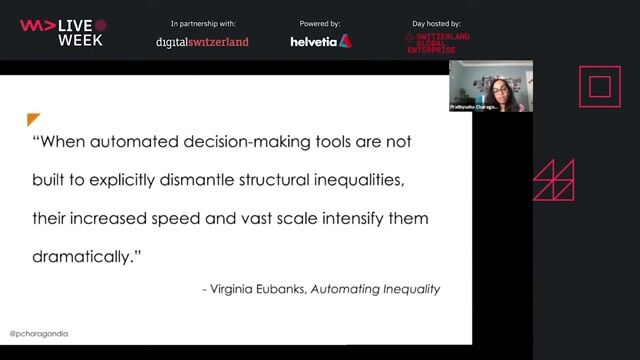
07:16 MIN
Creating an ethical framework for trustworthy AI
Algorithmic Bias- Preventing Unfairness in your Algorithms

06:55 MIN
Building and measuring trust in artificial intelligence systems
Behind the Code: How Women Are Powering the Future of AI
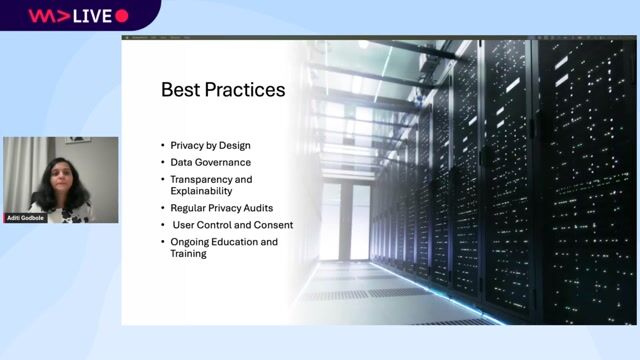
03:14 MIN
Implementing best practices for trustworthy AI systems
Data Privacy in LLMs: Challenges and Best Practices
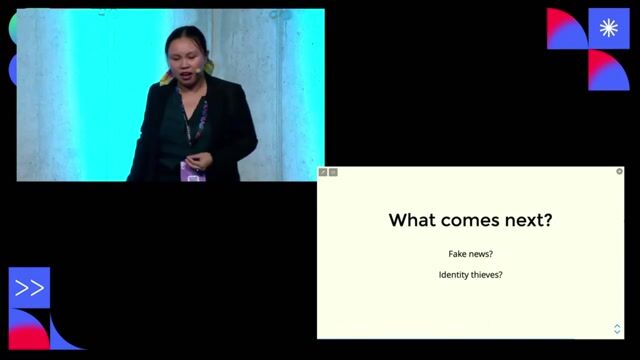
04:48 MIN
The role of regulation and ethics in AI development
The shadows that follow the AI generative models

01:31 MIN
Responsible AI is more than just legal compliance
Responsible AI @ Microsoft - Governance, Standards, Learnings
Featured Partners
Related Videos
 29:35
29:35Responsible AI in Practice: Real-World Examples and Challenges
Steffen Bosse, Mina Saidze, Ray Eitel-Porter & Björn Bringmann
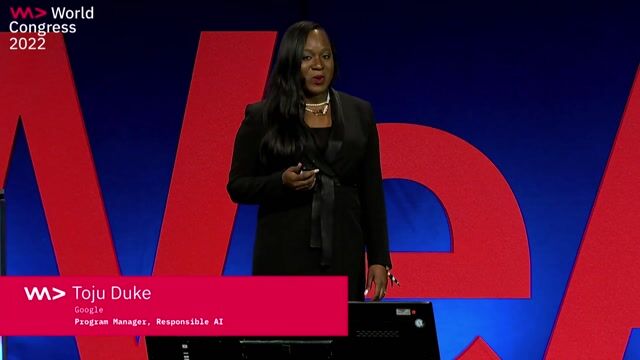 28:05
28:05A walkthrough on Responsible AI Frameworks and Case Studies
Toju Duke
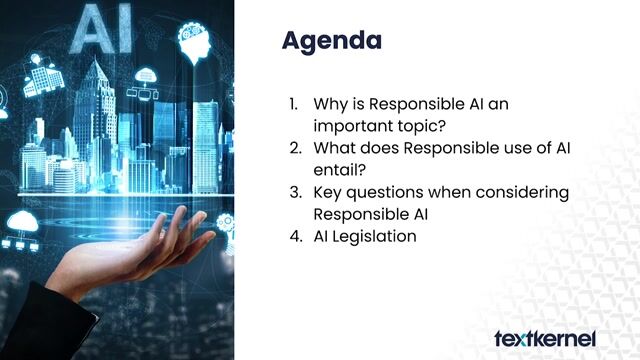 28:07
28:07Rethinking Recruiting: What you didn’t know about Responsible AI
Vincent Slot & Jaap Kersten
 30:28
30:28Behind the Code: How Women Are Powering the Future of AI
Alexandra Wudel, Madalina Florean & Laura Moritz
 31:15
31:15The AI Skills Gap: What Tech Leaders Must Get Right
Thomas Wollmann, Gerrit Einhoff, Kara Sprague & Alexandra Wudel
 28:54
28:54Kill Switch or Moral Compass: Who Programs AI’s Conscience?
Torsten Stiller
 28:19
28:19AI in Leadership: How Technology is Reshaping Executive Roles
Jeff Hausmann, Jasmin Kaiser, Bernd Datler & Sonja Alvarez
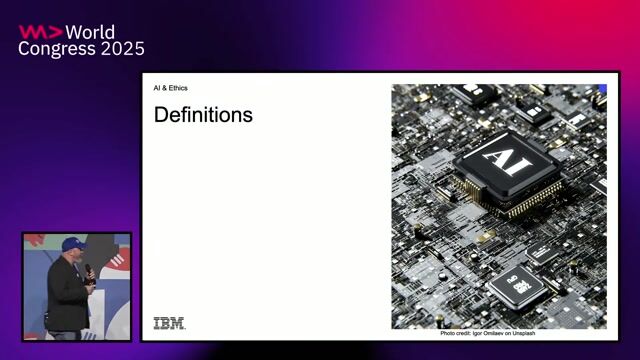 28:27
28:27AI & Ethics
PJ Hagerty
Related Articles
View all articles



From learning to earning
Jobs that call for the skills explored in this talk.

TRUSTEQ GmbH
München, Germany


TRUSTEQ GmbH
München, Germany

ROHDE & SCHWARZ GmbH & Co. KG


Diehl Stiftung & Co. KG
Röthenbach a.d. Pegnitz, Germany
Keras
DevOps
Python
Docker
PyTorch
+5


Serviceware SE
München, Germany

Smartbroker AG
Berlin, Germany